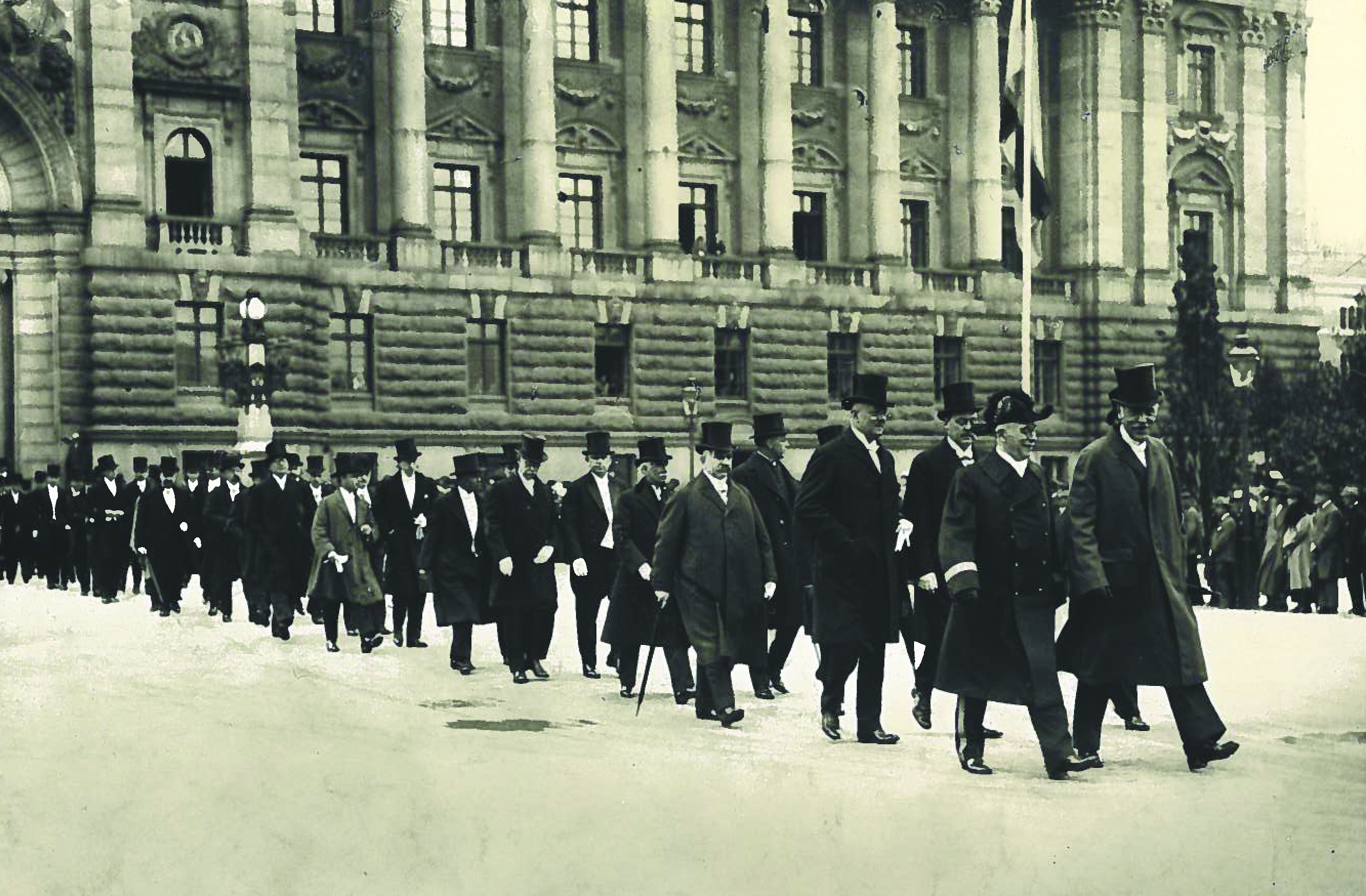As the sector deals with the challenges imposed by a global pandemic and the thrust of digitalization, it is easy to forget that our predecessors faced similarly challenging moments. The successful organization of the first-ever hybrid virtual Congress in UPU history – 27th Universal Postal Congress in Abidjan – provides an opportunity to reflect on the obstacles the UPU has surmounted throughout Congresses past.*
Almost 160 years ago, in 1862, US Postmaster General Montgomery Blair wrote a letter to the then Secretary of State Mr. William Henry Seward proposing the creation of an international conference, inspired by the structure of the Austro-German Postal Union, that would simplify the international postal exchange. Hardly anyone could imagine at that point that this organization would change the course of the postal industry forever.Since 1874, when 22 countries signed the international treaty founding the Universal Postal Union, the organization has strengthened itself through its regular Universal Postal Congresses. These meetings have opened the Union’s doors to member countries, bringing different cultures together to exchange ground-breaking ideas with one mutual goal: facilitating the international exchange of communication.
This postal mechanism has kept turning its wheels, working around global events and challenges to move the sector forward.
We must recognize the determination of these pioneers – postal representatives from the late 19th and early 20th century who travelled far and wide, sometimes for months, by horse carriages, steamboats, and steam trains to be able to reach those distant destinations, wanting to contribute their voices to sculpt what was perceived at the time as one of the grandest projects of the century to remove obstacles from the path of postal progress and reforms.
Their achievements are numerous.
The second Congress in Paris in 1878 introduced money orders. The third Postal Congress organized in Lisbon in 1885 introduced the term "bulky items," an expression we still use today for parcels, and proudly greeted delegates from four distant continents. A decision made in Rome in 1906, during the first Congress of the 20th century, enabled prisoners of war to send and receive correspondence and money orders free of charge. This decision is still honoured through the Geneva Convention.
The postal visionaries of the early 20th century decided in 1924 to replace manual labour with machines and other technical innovations to reduce expenses. The same visionaries noticed the rapid development of the airline industry, therefore, adding air transport to the UPU Convention in 1929. Those attending the 1939 Congress in Buenos Aires introduced the short-lived, but hypermodern "Phonopost," an experimental voice mail service where the sender could record their voice on a gramophone record. This is now a feature we take for granted in our daily lives.
Each new Congress welcomed not only member countries but also countries outside the Union, allowing all involved to shape new branches of services while working on improving and developing existing ones. More participants brought fresh ideas, and more ideas meant more proposals to take into account. For this purpose, a Preparatory Committee, responsible for examining all proposals and communicating them to the participants beforehand, was established during the London sessions in 1929. Today, the Union’s decision-making bodies are still being created and shaped according to need, with committees and task forces adapting their work to the most pressing topic of the industry.
The postal sector of the past faced its own share of “unprecedented times.” Even when conflict shook the world during both World Wars, postal services continued to operate. It was shortly after this time the Union earned the recognition of the newly established United Nations Organization, which acknowledged it as a specialized institution that overcame conflict to deliver truly peaceful objectives. The Universal Postal Union officially became part of the UN family in 1948.
Looking back through history, it is clear that the work of the Union has changed to match the requirements and pace of the market and need to gather is becoming more urgent. Today, the Union has extended its focus to global sustainable development, tackling climate change and fostering gender equality. The UPU recently organized two extraordinary Congresses in the same work cycle, and one more announced for 2023.
With its original mission still in mind, the UPU will continue to pass the torch of transformation to future Congresses to come.
*This article originally appeared in Union Postale No. 3 2021.
Main photo: Stockholm Congress, 1924.
